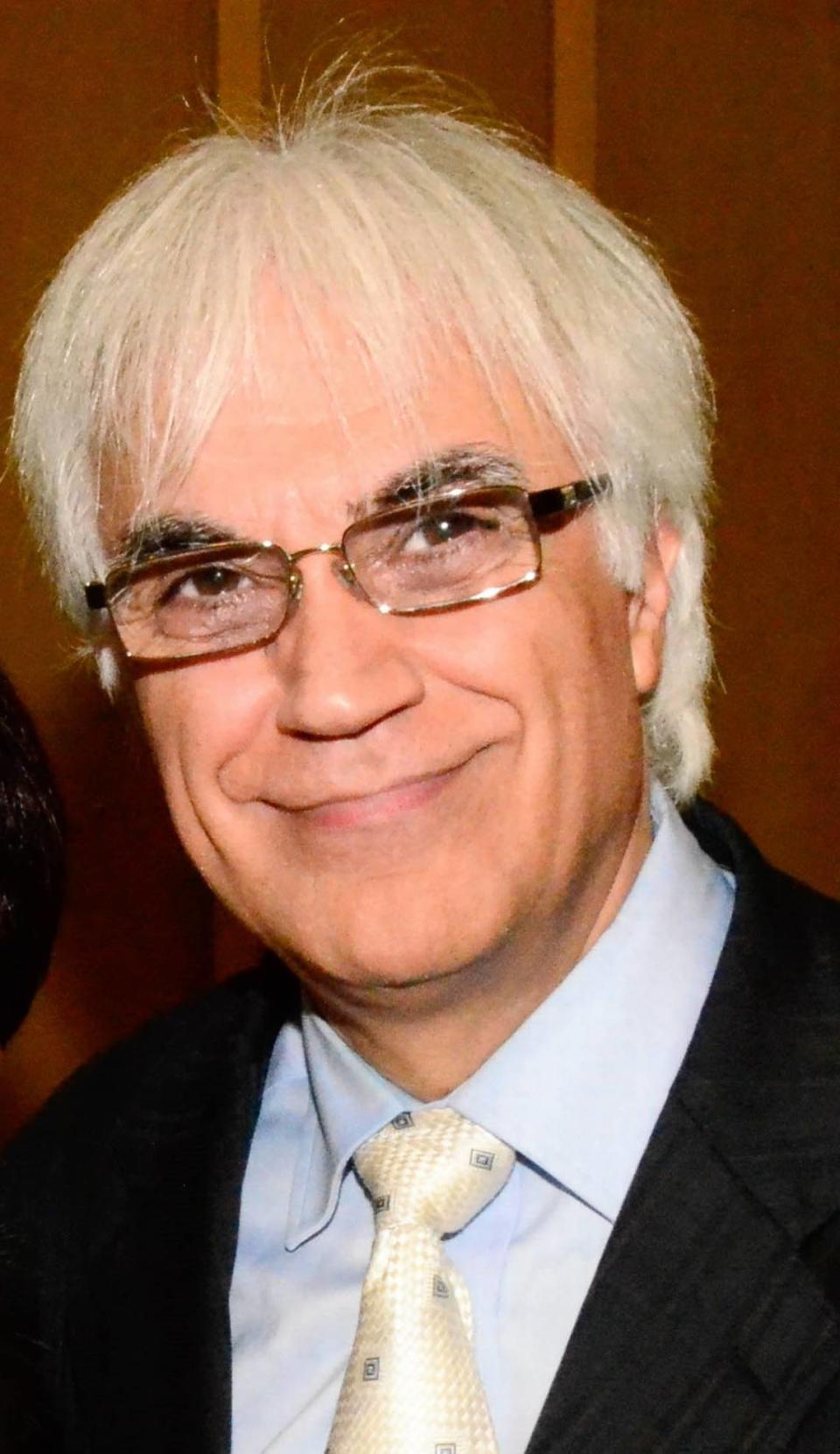Ethnic cleansing of Armenians in homeland is in full force, yet the U.S. remains silent
Thursday, Aug. 25, is the deadline set by President Ilham Aliyev of Azerbaijan demanding that the Armenian population living in bordering towns of Berdzor, Aghavno, and Sus vacate their homes. Otherwise, they will be forcefully deported.
Aliyev openly declares his aspirations that Syunik, the southern region of Armenia, along with other territories will become part of Azerbaijan. He proclaims that the 2,804-year-old capital of Armenia, Yerevan, is an Azeri city.
Last month, during a week-long Holocaust and Genocide Educational Seminar held at Temple Beth Israel, I was invited to speak on the Armenian Genocide. The focus was to highlight what Hitler learned from the Armenian Genocide, which led him to proceed with the Jewish Holocaust.
There were so many strikingly similar statements made by Talaat Pasha and Hitler in carrying out their crimes against humanity. I shared with my audience that around 1895, individuals representing the Ottoman, Russian and German empires expressed their mindset of Armenia as follows:
First by Marshall Colmar von der Goltz, professor at Istanbul Military College (1883-1895). He advocated to his students — future Young Turks — the forcible evacuation of the Armenian population residing in the Armenian Highlands which was part of the Ottoman Empire.
Second by Sultan Abdul Hamid II, Ottoman Emperor (1876-1909), who stated: “Armenian question? Omit, by removing Armenians.”
And third by Aleksey Borisovich, Prince Lobanov-Rostovsky, Russian foreign minister (1895-96), who said: “Russia needs Armenia without Armenians… we need only one Armenian, to be placed in a museum.”
In 1916, Dr. Bahaeddin Sakir, member of the Turkish ruling party, stated to Stapleton, acting American consul at Erzerum: “It is important that from Istanbul to India and China there be only one Muslim population with Syria serving as a nexus between the Mohammedan world of Asia and Africa. This vast project will be accomplished through the scientific genius and organizational talent of the Germans and the valiant arm of the Turks.”
These thoughts have been the fabric of Turkish political foundation for over a century. Today, presidents Recep Tayyip Erdogan pf Tirleu and Aliyev are making similar slogans and threats. Their intent is to expand Turkish ethno-cultural link to the Central Asian republics. They also want economic influence through the oil pipeline to Europe and beyond.
Since the 2020 war, Azerbaijan has been seizing more lands from Armenia and thereby closing the territorial gap between itself and Turkey. In addition, Azeris continue to hold over 150 Armenian POWs hostage in Baku. And still the world is silent.
In his book, “German Responsibility and the Armenian Genocide,” 1996, Vahaken Dadrian, the foremost scholar on this topic, summarizes that: a) once the genocide began, the refusal to intervene became the focal point of German policy. b) This policy, explicitly approved by Kaiser, was publicly justified on the grounds that Germany must retain the “trust” of Turkey as a valuable wartime ally. And c), Germany was unwilling to restrain Turkey to further its own interests.
One hundred years later, we are witnessing a similar situation. To retain the “trust” of Turkey and Azerbaijan, Western powers did not intervene in order to further their own interest in helping to export Azeri oil to Europe.
Ethnic cleansing of the Armenians in Artsakh is in full force. Is this acceptable to the Western world? No intervention suggests that the current leaders are in concurrence with Joseph Stalin’s policy of further dismantling and weakening Armenia. It appears that they have no objection to the mindset expressed by Marshall Goltz, Sultan Hamid II, and Lobanov-Rostovsky, the outcome of which was the Armenian Genocide. Today, the removal of the Armenians from their ancestral homeland continues to remain the major objective of the Turkish-Azeri strategy.
Varoujan Der Simonian is the director of the Armenian Museum of Fresno


